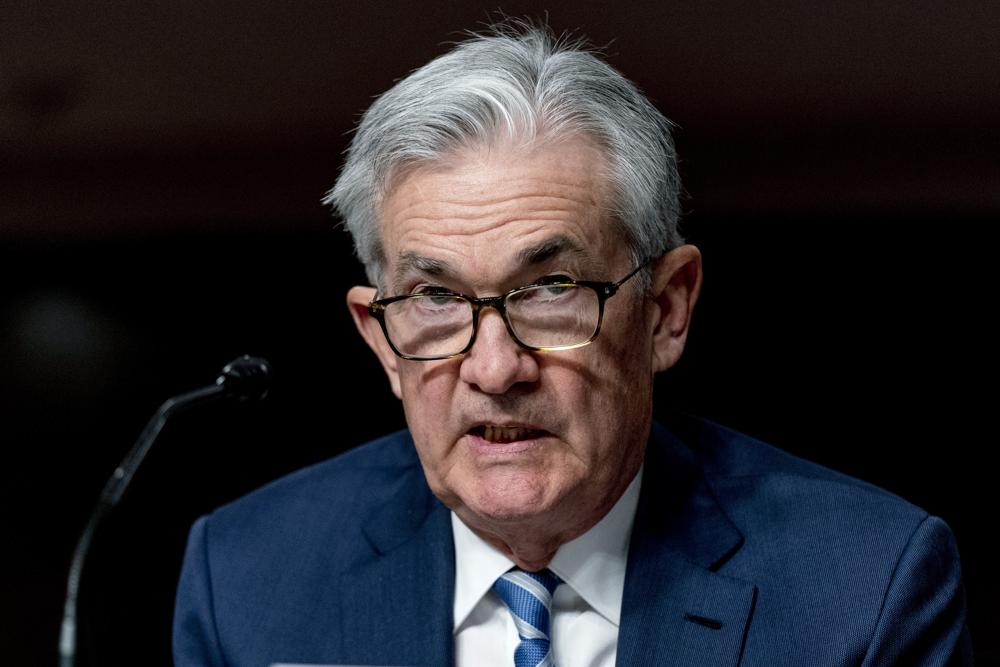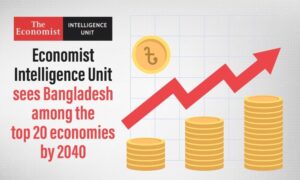
High inflation is taking a toll on American families, Federal Reserve Chair Jerome Powell acknowledged in remarks to be delivered at a Tuesday congressional hearing, where he is sure to face tough questions on the subject.
“We know that high inflation exacts a toll, particularly for those less able to meet the higher costs of essentials like food, housing, and transportation,” Powell said in prepared testimony.
The Senate Banking Committee will hold a hearing on Powell’s nomination to a second four-year term Tuesday. President Joe Biden announced Powell’s reappointment in late November.
Inflation has soared to the highest levels in four decades, and on Wednesday the government is expected to report that consumer prices jumped 7.1% over the past 12 months, up from November’s 6.8% annual increase.
Economists and former Fed officials, are increasingly raising concerns that the Fed is behind the curve on inflation. Last Friday’s jobs report, which showed a sharp drop in the unemployment rate to a healthy 3.9%, and an unexpected wage increase, has fanned those worries.
While lower unemployment and higher pay benefit workers, those trends can potentially fuel rising prices.
At its last meeting in December, Powell said the central bank is rapidly accelerating its efforts to tighten credit with the goal of reining in inflation. The Fed will stop buying billions of dollars of bonds in March, ahead of its previously announced goal of doing so in June. Those bond purchases are intended to encourage more borrowing and spending by lowering longer-term rates.
Fed officials now expect to hike short-term interest rates three times this year, a sharp shift from September, when they were split over doing it even once. Economists increasingly expect them to raise rates at least four times in 2022.
Powell also said in his prepared remarks that the U.S. job market is “strong” and the economy is “expanding at its fastest pace in many years.”
“We can begin to see that the post-pandemic economy is likely to be different in some respects,” Powell said. “The pursuit of our goals will need to take these differences into account.”
Powell has previously said that the Fed’s initial goal was to return the economy and job market to pre-pandemic levels, when the unemployment rate had fallen to a 50-year low of 3.5% and the proportion of Americans either working or looking for work was higher than it is now.
But more recently, Powell has acknowledged that many of the people who stopped working or seeking jobs in the pandemic are unlikely to return anytime soon. Millions of older Americans retired earlier than they likely would have without COVID, and many people are foregoing jobs to avoid getting infected.
That has left businesses chasing fewer workers to fill more than 10 million open jobs, a near-record, and has forced them to rapidly increase hourly pay. Rising pay could fuel more spending, possibly pushing prices higher.








